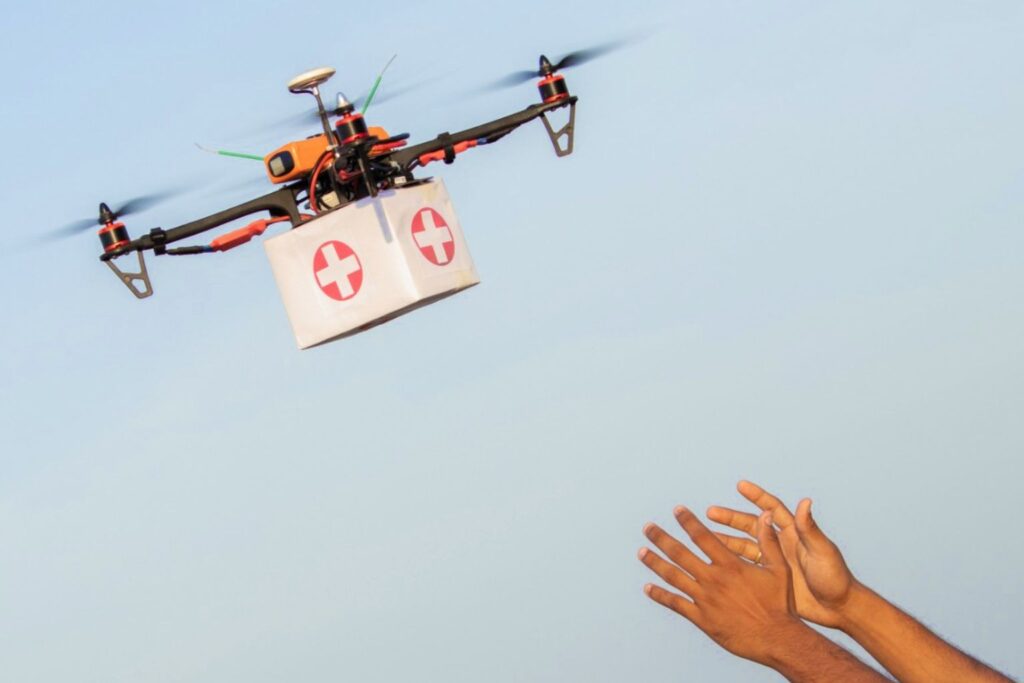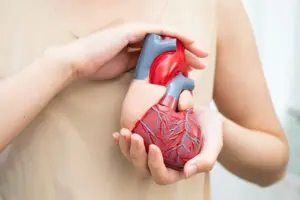
A study by the Indian Council of Medical Research (ICMR) has found that drones can be used to transport blood safely and efficiently, even in difficult terrains and remote locations, without compromising the quality.
The study, titled ‘Adopting Drone Technology for Blood Delivery: A Feasibility Study to Evaluate Its Efficiency and Sustainability’, observed that a drone successfully covered 36 kilometres in just eight minutes, compared to 55 minutes taken by a van for the same distance.
Also Read | French scientists identify new blood type ‘Gwada negative’
Despite high ambient temperatures of 30–40°C, the study confirmed during the three-month trial from May to July 2023 that drones maintained temperature control and ensured the stability of blood components.
“Overall, management and transportation of blood and its components is a complex task due to stringent storage conditions, limited shelf life, and complex geographical and climatic conditions,” the study stated.
Maintaining a strict cold chain is vital in blood transportation, as any deviation can lead to bacterial contamination, haemolysis, or reduced oxygen, potentially causing fatal transfusion reactions. The trial found that drones offer a viable solution to these logistical challenges, especially in emergencies such as haemorrhagic shock, surgeries, or accidents, where timely transfusions can save lives.
The study also pointed to successful drone trials in countries like Rwanda and Italy, where similar results demonstrated that drones do not affect the integrity of blood despite the physical forces experienced during flight.








